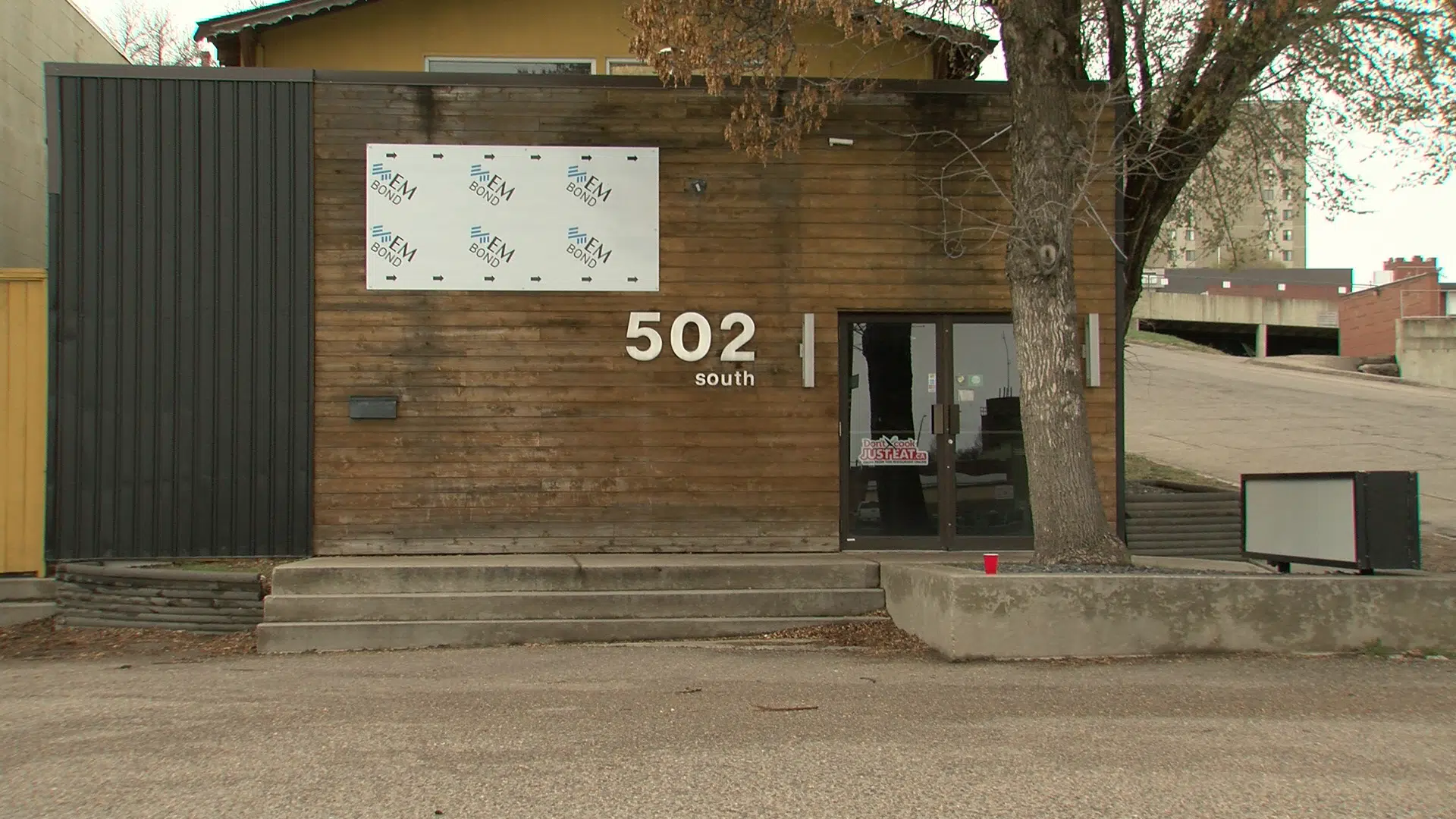
Four academics write to province in support of Medicine Hat’s supervised consumption site
MEDICINE HAT, AB — The debate continues around Medicine Hats supervised consumption site, but now, a different set of voices are weighing in.
Four academics from across Western Canada have written a letter in support of Medicine Hat’s site.
It was sent Thursday evening.
